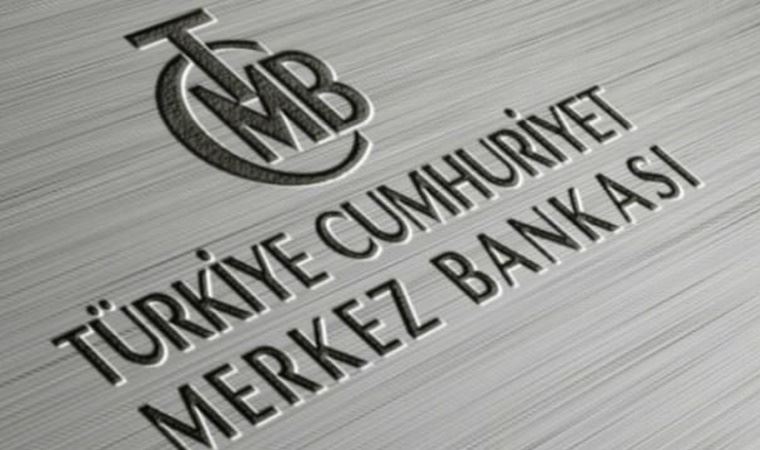Turkey will provide a more favorable exchange rate to exporters that convert their foreign income into lira and don’t use the proceeds to buy hard currency for some time.
As part of its Monetary Policy and Liraization Strategy for 2023, the Central Bank of the Republic of Türkiye (CBRT) has decided to provide support for the conversion of firms’ foreign exchange (FX) obtained from abroad into Turkish liras to support liraization in commercial activities.
Accordingly,
-
- When selling their FX obtained from abroad to the CBRT, firms will be provided with a FX conversion support corresponding to 2% of the amount converted into Turkish liras, in return for their pledge.
- After firms sell at least 40% of the FX they have brought into the country from abroad to the CBRT, they will be able to deposit the remaining part of the FX they brought from abroad into FX-protected conversion accounts, and in return for their pledge, firms will be provided with a FX conversion support of 2% of the amount converted into Turkish liras.
Banks will be in charge of confirming that the FX sold to the CBRT and FX to be converted into Turkish lira deposit and participation accounts have been obtained from abroad.
The central bank will offer a 2% premium on the current exchange rate for companies repatriating their earnings, according to an announcement published in the Official Gazette. The mechanism will apply to exporters who “make a commitment” not to buy foreign currency for a period that will be disclosed by the monetary authority.
The decision follows complaints from exporters that the lira is “overvalued” and worried about losing their competitive edge abroad. Some industry groups have called for a devaluation or an alternative exchange rate, putting pressure on the government ahead of elections slated for May.
Exporters are already required to sell 40% of their earnings abroad to the central bank. Under the new regulation, they will also be able to benefit from a preferential exchange rate by placing the remaining 60% of their foreign proceeds in lira savings accounts or so-called FX-protected deposits.
Exporters that fail to abide by their commitments will have to make payments to the central bank using a difference in the exchange rate during that period plus the overnight lending rate.
Bloomberg, CBRT
